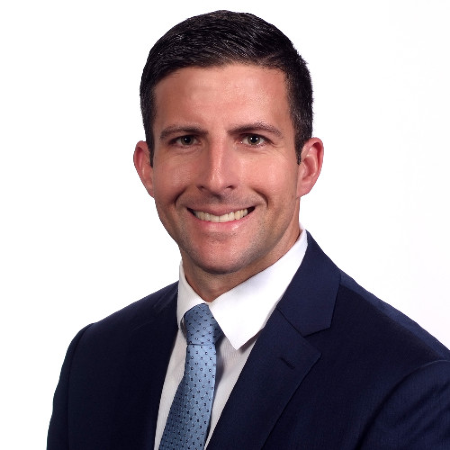
S&P Global
Luqman Ali is an Associate Director in S&P Global Ratings Global Infrastructure Group. He is based out of New York. As a member
of the North American Energy Infrastructure practice, Luqman is responsible for all aspects of the credit rating process pertaining to
unregulated power and LNG issuers located in the U.S. and Canada. His coverage primarily includes large corporates and
project finance entities, and he has worked on numerous rating engagements during his time at S&P, including those with atypical
transaction structures and operating profiles. Luqman is also an active member of rating committees and routinely engages with
issuers and investors on analytical education topics and credit views.
Prior to joining S&P in 2019, Luqman spent nearly seven years at GE Capital, where he covered a portfolio of power companies
across the world. He was involved in the underwriting process of GE Capital’s debt book and established a strong understanding of
the global energy industry landscape during that time.
Luqman is a CFA Charterholder and an MBA from Institute of Business Management in Pakistan.
Upgrade to initiate conversation first
UpgradeBoogie to the Beat: Conventional Power



